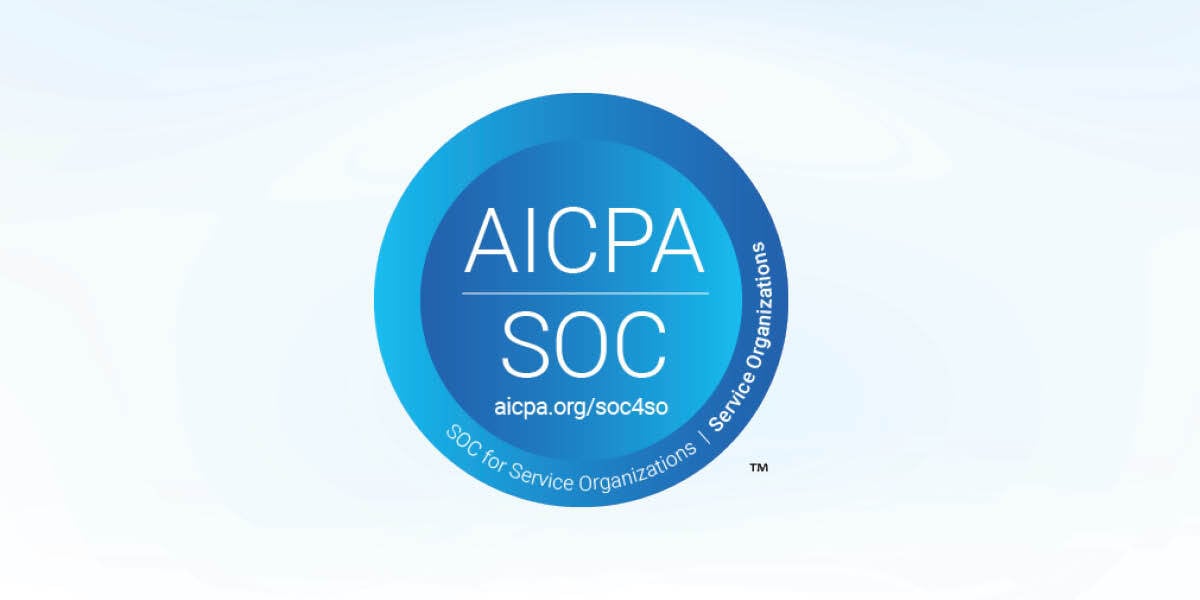
The federal ruling about Cleveland State University (Ohio) and how Virtual Testing Room Scans violated a student's fourth amendment rights was recently released. We have been monitoring this situation very closely. Below, we have provided our full response regarding the federal ruling, legal consideration, practical protections, and recommendations.
Full Response
Federal judge Philip Calabrese of the US District Court for the Northern District of Ohio on 8/22/22, issued a ruling that may impact test proctoring practices by state colleges and universities in Ohio and possibly other states as well. In Ogletree vs. Cleveland State University (view the full Opinion and Order), the federal court granted summary judgment in favor of a student from Cleveland State University who asserted that in February 2021, the public university violated their Fourth Amendment right by requiring the student to participate in a room scan conducted using a webcam of the test taker’s bedroom as a part of the on-boarding process of a proctored chemistry test. The federal court ruled that the virtual room scan was an unreasonable search conducted by a state government agency because students have a reasonable expectation of privacy in their homes, especially in their bedrooms. Judge Calabrese concluded that the student’s privacy interest in their home outweighed the school’s academic integrity interests and stated, “Room scans go where people otherwise would not, at least not without a warrant or an invitation.”
Legal Consideration
SmarterProctoring has consulted its own legal counsel and reflected on the observations provided by Marc J. Weinstein - an attorney and VP of Caveon Test Security. The following legal considerations are of merit:
- This ruling applies only to the parties in this case.
- Federal District Court rulings are typically not binding on other District Courts or on the US Courts of Appeals.
- The plaintiff could ask the court to enter a permanent injunction against the room-scan practice at Cleveland State University so that other students at the school are impacted.
- Other public higher education institutions in Ohio may be evaluating their practices even if this ruling is considered not legally binding on them.
- A possible future outcome if the ruling is upheld on appeal to the US Court of Appeals for the Sixth Circuit, would be regulating the practice at all public higher ed institutions in Kentucky, Michigan, Ohio and Tennessee.
- This Fourth Amendment prohibition against unreasonable government searches and seizures only applies to public higher education institutions - not private institutions.
- The two proctoring companies involved in the case were Respondus and Honorlock.
- The next anticipated development will be the attorneys involved in the case are to confer on the next appropriate steps which could be entering a declaratory judgment or injunction. A status report must be submitted by Sept. 12, 2022.
Note — this information should not be considered legal advice. All schools are encouraged to seek their own legal counsel regarding this matter. This information is provided only to foster discussions within institutions regarding proctoring practices that are best for the school and its students.
Practical Protections
As schools are evaluating their response to this matter, we encourage them to engage in the following practices which provide practical protection against such legal matters.
- Provide Early Notice - Schools are encouraged to inform students which courses will include proctored exams requiring a scan of the test taking environment. Such locations may include the course schedule website, app, or publication which lists the course offerings. Courses with a proctoring requirement should be identified and the expectations communicated to the students prior to registering for the course.
- Standardize Proctoring Policies - Standardized, institution-wide policies and procedures regarding proctoring are critical to controlling academic integrity. These policies should be clearly defined in the syllabus of every course. It is not recommended to leave proctoring practices up to the discretion of individual instructors.
- Standardize Scanning Practices - Schools should collaborate with their virtual proctoring provider to standardize the school’s definition and execution of the room scan. In this case, the room scan involved scanning of the student’s lap and other parts of their body as well as their bedroom.
- Obtain Consent - As part of the proctored session, scheduling, and exam on-boarding workflow, students should be required to electronically consent to be proctored and to have a scan of their room conducted. In the SmarterProctoring interface, schools may customize the consent language.
- Be FERPA Compliant - One of the issues in this case involved sharing pictures and/or recordings of the student in question with others at the institution. SmarterProctoring utilizes Role Based Access Control so that only persons with appropriate levels of need, as defined by their LMS credentials, can access any proctoring session information. Schools should be diligent to protect all private student information that should only be shared with authorized individuals.
- Provide Options - Students who choose not to consent to a room scan should be provided with other proctoring modality options. SmarterProctoring is the only provider on the market that allows students to schedule and manage proctoring sessions in seven different proctoring modalities.
- Face-to-face: Testing Centers, Proctoring Professionals, Instructor as Proctor
- Virtual: Automated, Record and Review, Live or Virtual Proctoring
- Hybrid: Hybrid Virtual Proctoring in which an employee of the school is the virtual proctor.
SmarterProctoring centralizes scheduling and managing all proctoring options through the LMS embedded interface and workflow. If a student needs to locate a testing center and register for proctoring, they can do so directly through the SmarterProctoring platform avoiding elaborate tasks like multiple phone calls to testing centers and completing paper or web-based forms for approval.
In the case ruling, the student complied with the room scan, but afterward filed the suit for violating their privacy. During the case the student stated that ongoing health issues prevented them from testing in person forcing them to use virtual proctoring that required a room scan. In such a case in the future, a school could use SmarterProctoring to identify a proctoring professional, such as a notary, who could meet the student at a mutually agreed upon, appropriate location and proctor the exam (ex. Library, Church, etc…). Alternatively, a more plausible solution is Hybrid Virtual Proctoring through which the institution’s own testing center proctors can serve as the live, virtual proctor and monitor the student and their room during the exam. Another option is an alternative evaluation method such as a paper or project that the student completes and submits instead of taking an online exam. SmarterProctoring provides multiple, flexible proctoring options for testing sessions with extenuating circumstances.
Configuring SmarterProctoring
One of the benefits of SmarterProctoring, is that an institution’s policies can be accurately implemented by configuring proctoring settings at the enterprise-wide, individual exam, and/or individual student level. Regarding the case, it is important to note the process to implement a room scan can be easily turned on or off in SmarterProctoring.
If your institution chooses to stop using room scans in all virtual proctoring sessions, we are happy to disable room scans (with your written permission), which will be effective for all currently created exams. However, any future exams will need to have that setting disabled at time of creation by the instructor. If you choose to disable the setting without our assistance, you can do so via Verification Options inside the SmarterProctoring platform (see Fig 1 below).
Figure 1
Recommendations
As this case and its ramifications continue to develop, SmarterProctoring pledges to continue to be well informed and share its reflections with your institution. At this point, we make the following recommendations:
- Move proactively yet cautiously - While this case is significant, it is not cause for immediate alarm and over reaction. It should prompt a frank and productive discussion among your decision makers regarding the policies and practices at your institution regarding proctoring in general and room scans specifically.
- Consent is key - Central to this case is that the student was informed at the time of the exam of the room scan which involved scanning their lap and body while they were in their bedroom with no alternative. Students must be informed well in advance and required to indicate their consent. If they will not consent, an alternate testing option should be provided.
- Collaborate with us - As your institution explores its options, involve us in your conversations. We are in conversation with many institutions and want to share ideas and concerns that could be of value to your team. SmarterProctoring strives to be more than just a proctoring vendor, but a trusted partner.
- Inform faculty - Whatever path your institution chooses to take, be diligent to fully inform faculty of any changes to policy and practice regarding proctoring.
If you have any questions, comments, ideas, or suggestions related to this matter we would value hearing from you. Please reach out to us for more information or clarification by clicking here. Thank you.
Dr. Mac Adkins
Founder & Chief Academic Officer
SmarterServices





